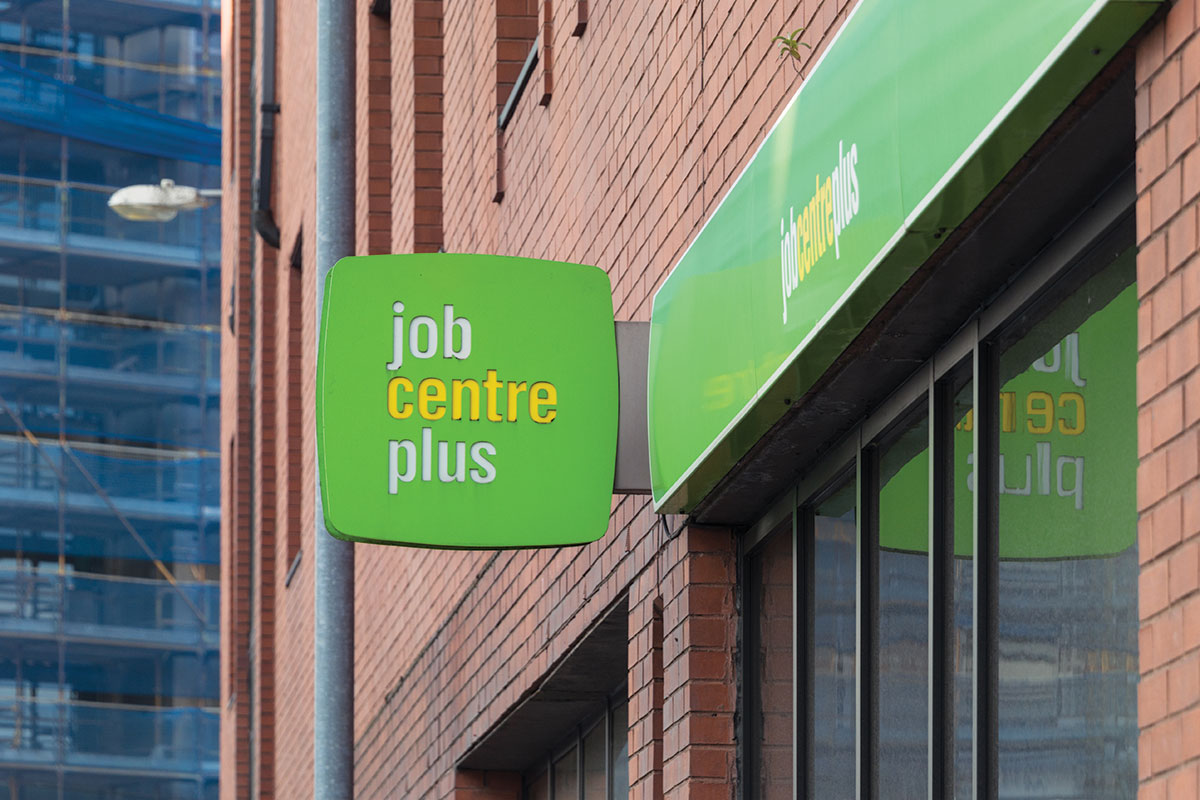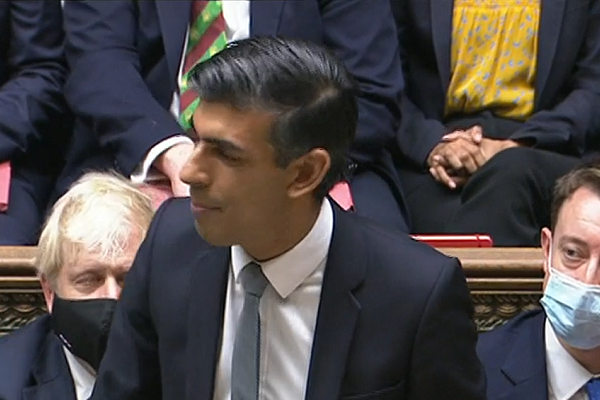You are viewing 1 of your 1 free articles
More than a third of tenants forced to use foodbanks during Universal Credit wait, survey finds
Over a third of social housing tenants had to turn to foodbanks while waiting for their first Universal Credit payment, a survey of more than 700 residents has found.
In a survey of 709 of its tenants in England and Scotland who have made a new Universal Credit claim since the start of the pandemic, Riverside found that 36% were forced to use foodbanks as they waited for payments.
The 56,000-home landlord found that 61% of respondents said the wait for their first payment had caused financial hardship, while 32% needed help from family or friends, and 9% resorted to loans from doorstep lenders.
Almost half (49%) said their debts had increased as a result of Universal Credit.
The findings come after the £20-per-week uplift to Universal Credit, which was first introduced at the start of the pandemic and amid soaring energy prices and the cost of living crisis, was scrapped in October last year.
Of the 92% who were aware of the £20 uplift being removed, 77% said they would be cutting spending on heating, and a similar percentage said they would be cutting spending on food and household essentials.
Just under half of claimants (47%) said their mental health and well-being had worsened since being on Universal Credit, with 5% saying it had improved.
Meanwhile, 45% said they had waited even longer than the target five-week limit for first payments, with 12% saying they had waited for eight weeks or more.
Advance first payments are available from the Department for Work and Pensions (DWP), but are fully repayable out of future benefits.
The number of people on Universal Credit soared in the early months of the coronavirus pandemic, from 3.01 million in March 2020 to 5.26 million two months later.
As of December 2021, there were still 5.68 million people on Universal Credit in England, Scotland and Wales.
Riverside is calling on the government to reduce the five-week wait for the first Universal Credit payment.
Hugh Owen, director of strategy and public affairs at Riverside, said: “The findings of our survey clearly show our tenants, [from] the length and breadth of Britain, are experiencing increased financial difficulty because of the wait for Universal Credit.
“While we have always welcomed the simplicity that moving to an integrated benefit such as Universal Credit is intended to bring, the way it is being implemented in practice means that instead of acting as a safety net, it risks dragging people into debt.”
Mr Owen added that the research showed that those claiming Universal Credit have, on average, significantly higher rent arrears than those who have not moved over and are claiming housing benefit.
He said: “At a time when the cost of living crisis is really starting to bite for millions of families, we are calling on the government to reduce the five-week wait for Universal Credit and change the advance payment system.
“Removing the housing costs from the advance payment and triggering an automatic payment to the landlord is another simple change which could stop thousands from spiralling into rent arrears and prevent evictions.”
A DWP spokesperson said: “With Universal Credit, no one has to wait five weeks for their money as urgent payments are available.
“Claimants taking an advance can spread 25 benefit payments across 24 months, double the previous time period, and our dedicated work coaches can refer claimants to more specialist support for personal budgeting, money guidance and debt advice if required.
“Universal Credit stood up to the challenge of the pandemic, successfully taking on three million new claimants while moving to an online and telephone-based system to keep people safe.
“The legacy benefit system would have likely collapsed under such pressure.”
Sign up for our care and support newsletter
Already have an account? Click here to manage your newsletters












